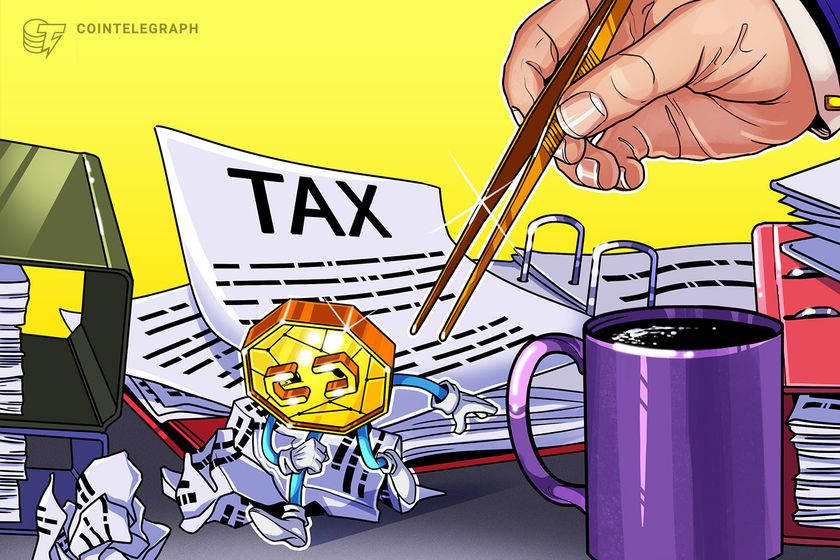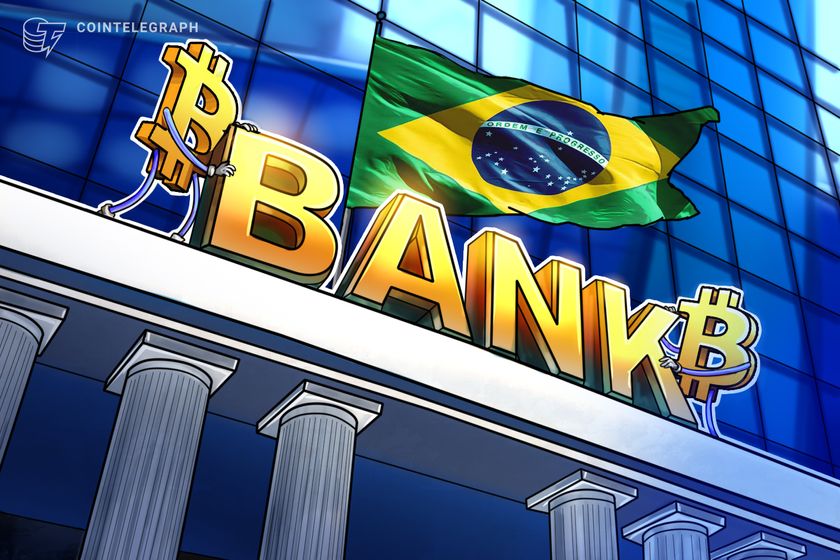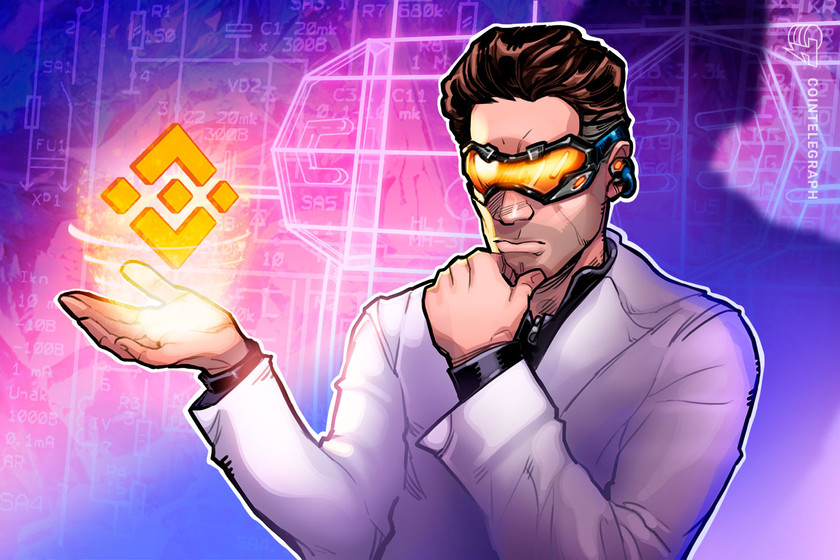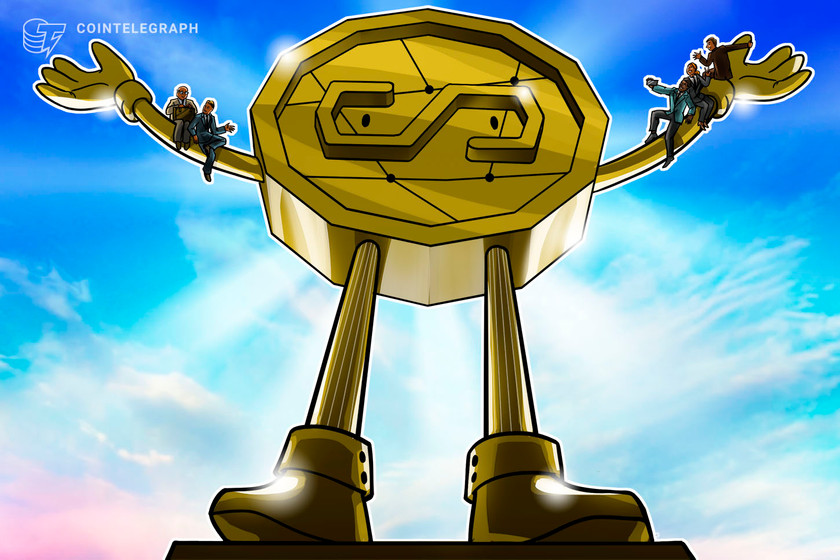Brazil signs overseas crypto tax bill into law


Under the new rules, Brazilian citizens will pay the state up to 15% of their crypto profits.
The President of Brazil, Luis Inácio Lula da Silva, has signed a law introducing taxes on crypto assets held abroad by Brazilian citizens.
Lula signed the law on Dec. 12, which was then published the following day in the Diário Oficial da União, or the Official Diary of the Union. The law will come into force from Jan. 1, 2024.
The new taxes will not apply exclusively to crypto but also to profits and dividends gained by Brazilian taxpayers from investment funds, platforms, real estate or trusts abroad. The Brazilian government intends to collect around 20 billion reals ($4 billion) of new taxes in 2024.





















